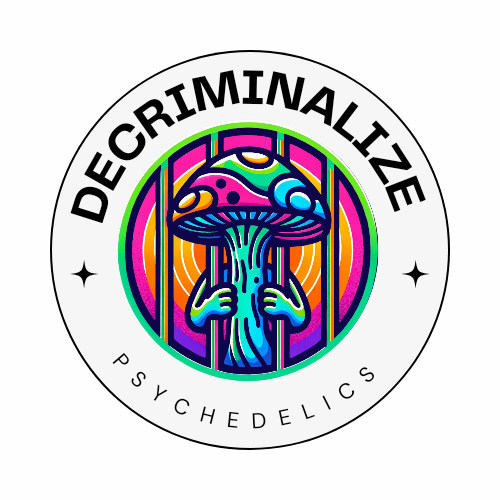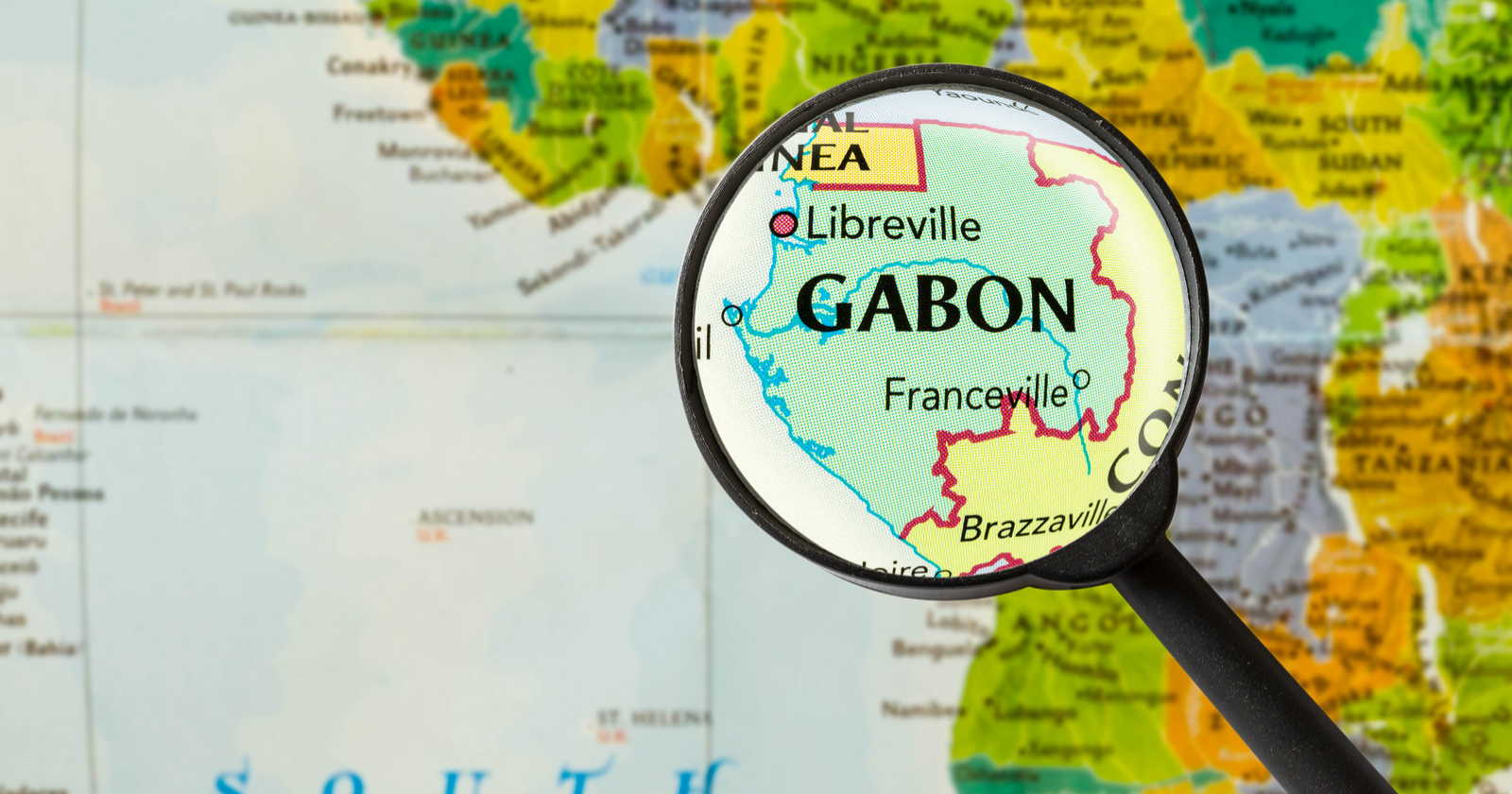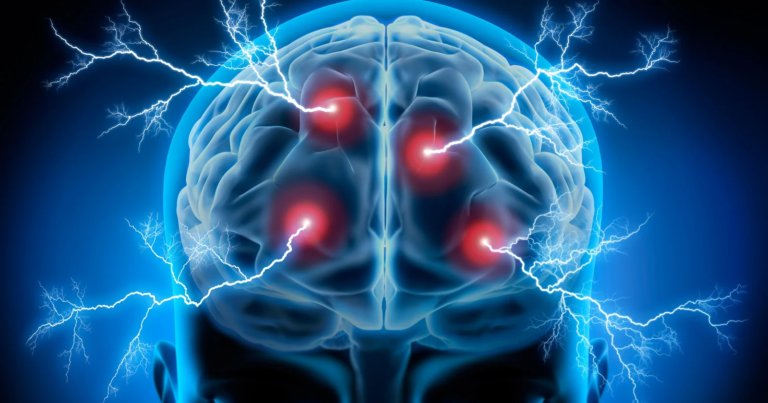Iboga is a powerful plant with psychoactive properties.
It holds a central place in Gabonese traditions, with the cultural and spiritual significance transcending the realm of ‘plant medicine’.
Iboga is integral to Bwiti, a spiritual practice that connects individuals to their ancestors and the divine.
Here, we explore the roots of iboga’s importance in Gabon, shedding light on the profound influence it has on their culture and spirituality.
Read on to learn how iboga ceremonies serve as a rite of passage, discovering its role in traditional healing rituals.
A Central Role in Bwiti Spiritual Practices
So now you know iboga plays a pivotal role in Bwiti spiritual practices.
Revered for its psychoactive properties, it is used in various rituals – serving diverse purposes.
Most notably, it’s a part of initiation ceremonies marking the transition of individuals to adulthood.
Consumption of iboga root during these ceremonies leads to visionary experiences, believed to be interactions with the ancestral spirits.
These are essential for the individual’s spiritual growth and establishment of their social identity in the community.
Iboga is used in healing rituals, to identify and treat physical and emotional ailments. It cleanses the body and spirit, restoring balance and harmony.
Simply put, iboga’s role extends beyond its physical presence; it facilitates spiritual experiences that form the backbone of Gabonese traditions.
Iboga’s Cultural Significance in Gabon
In Gabonese culture, the iboga plant holds a position of high esteem and respect.
Rather, it’s deeply woven into the social fabric of the community.
You can’t overlook the important role it plays in communal gatherings and ceremonies. During these events, the consumption of iboga initiates a collective spiritual journey, binding the community closer.
Iboga is not merely a plant; it is a symbol of unity and shared spiritual experiences.
The ceremonies involving iboga create an environment of mutual understanding and empathy among members.
It’s interesting to note that, scientifically, the active compound in iboga – ibogaine – has potential therapeutic effects on addiction and mood disorders, lending further depth to its cultural significance.
Iboga is a tool for imparting wisdom and teaching moral values.
The experiences induced by iboga consumption are lessons guiding individuals toward right conduct.
The Spiritual Journey with Iboga
A significant part of the spiritual significance of Iboga in Gabonese traditions is its use in inducing spiritual journeys.
This is not a casual, recreational use.
These journeys connect individuals to their ancestors, providing them with wisdom and understanding.
They are transformative experiences, often resulting in profound changes in the individual’s outlook on life.
For example, someone struggling with personal issues may find clarity and solutions during their iboga journey.
By fostering a sense of connection to the divine and ancestral spirits, iboga journeys promote a deep sense of belonging and understanding of one’s place in the universe.
They are critical to individual and community wellbeing in Gabonese culture.
It is through these journeys that individuals navigate their spiritual growth, guided by the timeless wisdom of their ancestors and the potent power of iboga.
Respect and Reverence for Iboga
Despite the powerful effects, Iboga’s use in Gabonese traditions is not taken lightly.
There’s a deep sense of respect and reverence toward the plant; its consumption is carefully regulated.
This medicine is always administered under the guidance of experienced elders or spiritual leaders.
Preparing and consuming iboga is steeped in tradition and ritual, emphasizing the plant’s sacred nature. These rituals create a space where individuals can safely explore their spirituality under the watchful eyes of their guides.
Iboga misuse is highly frowned upon in Gabonese society.
It is a violation of the plant’s sanctity and disrespect for the spiritual traditions it symbolizes.
This respect and reverence for iboga underline its deep-rooted cultural and spiritual significance in Gabonese traditions.
Our Shared Connection to Nature
The Gabonese relationship with iboga offers a unique and profound perspective on our shared connection to nature.
It serves to remind us of the wisdom and healing potential that nature possesses, and how we can tap into this vast reservoir of knowledge.
The cultural and spiritual significance in Gabonese traditions, reminds us of the importance of reverence for nature in our own lives.
We’re part of a larger ecosystem, interconnected and interdependent.
Just as the Gabonese people have developed a deep and respectful relationship with iboga, we can cultivate such relationships with the natural world around us.
Let’s take inspiration from their traditions and strive to foster a deeper connection with nature in our own lives.
Whether it’s through mindful gardening, spending time in forests, or simply appreciating a sunset, there are countless ways we can embrace this connection.
In doing so, not only do we enrich our own lives, but we also contribute to the wellbeing of our planet.
Reflections on the Spiritual Significance
It’s evident that iboga holds a sacred place in Gabonese traditions.
Its cultural and spiritual significance extends beyond its physical properties, serving as a tool for communal bonding, spiritual growth, and healing.
This profound relationship with iboga is a beautiful illustration of the interconnectedness of nature and spirituality.
By understanding the cultural and spiritual significance of Gabonese traditions, we gain invaluable insights into how respect for nature and spiritual practices can profoundly influence a community’s identity and wellbeing.
This deep-rooted respect for nature is something we can all learn from.
These insights serve not only to enrich our understanding of Gabonese culture but also to inspire us in our own journeys towards wellness, balance, and self-discovery.









